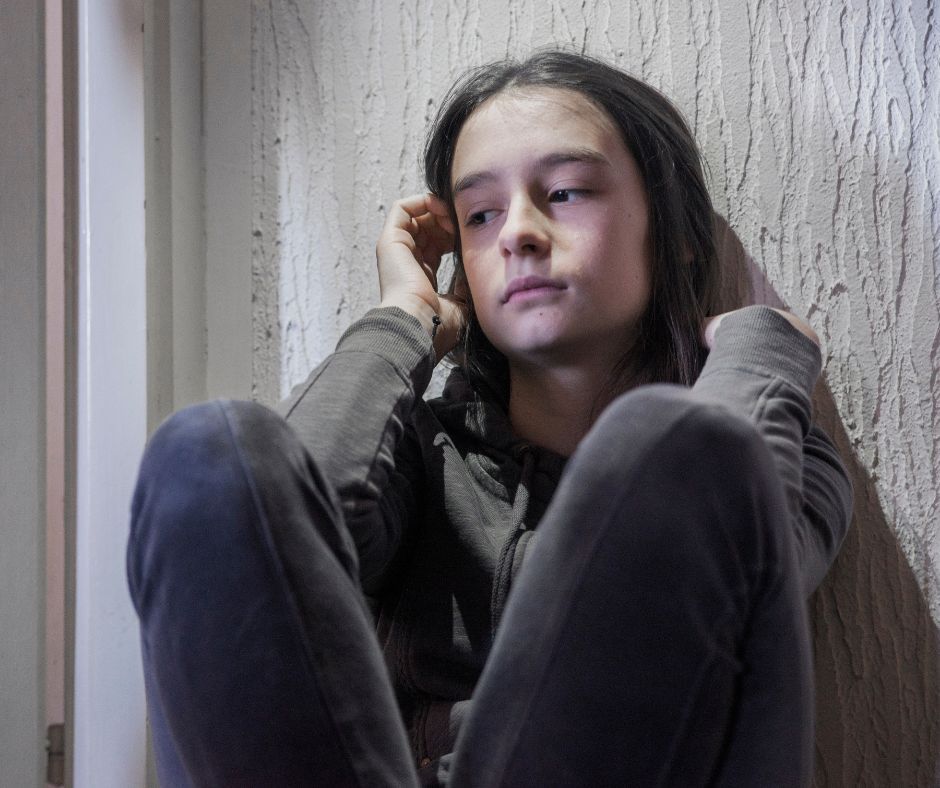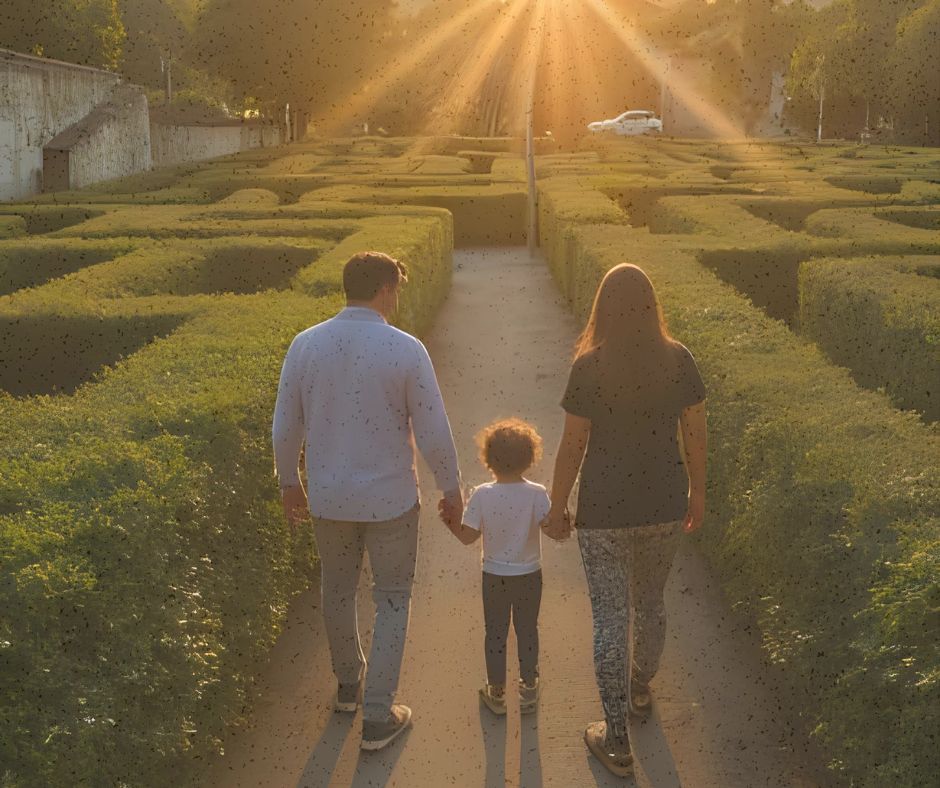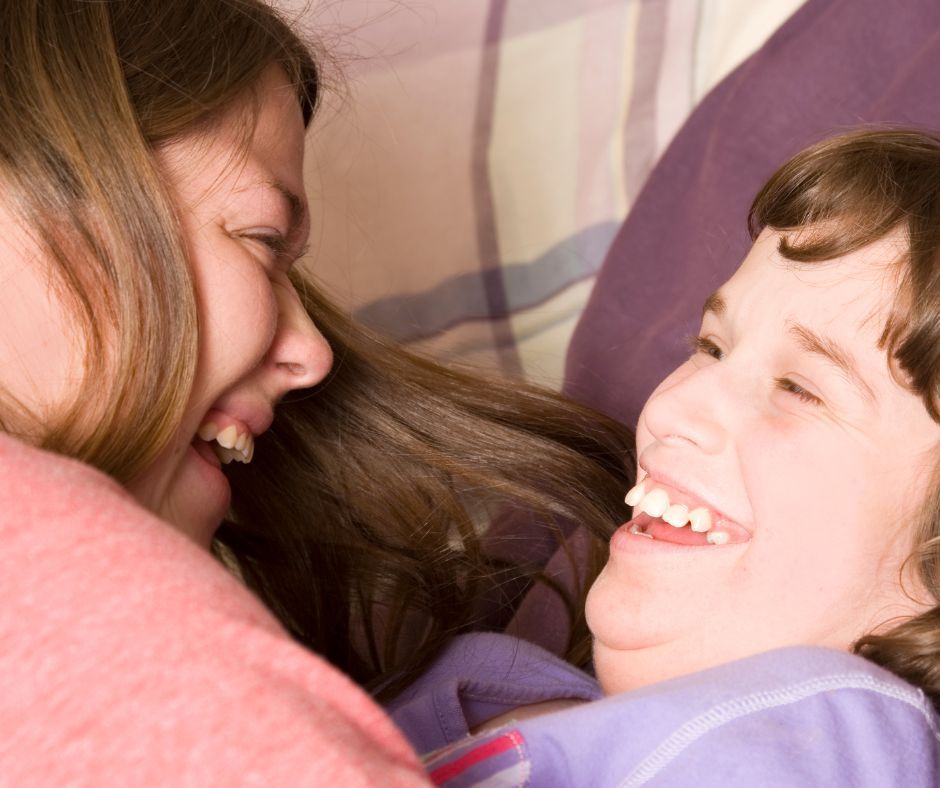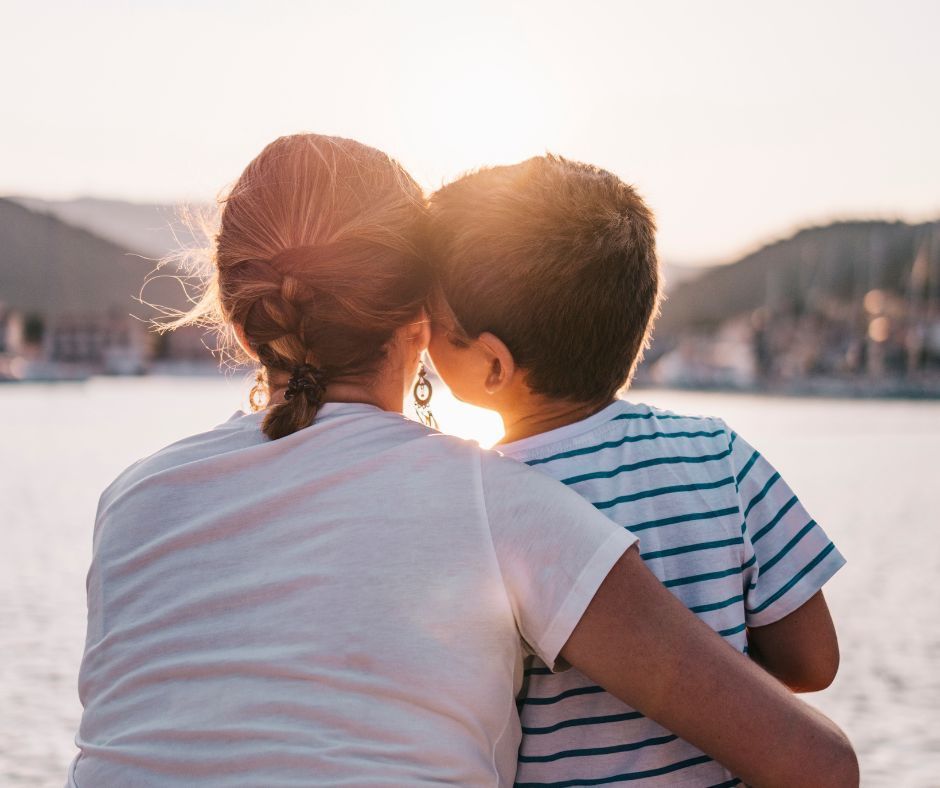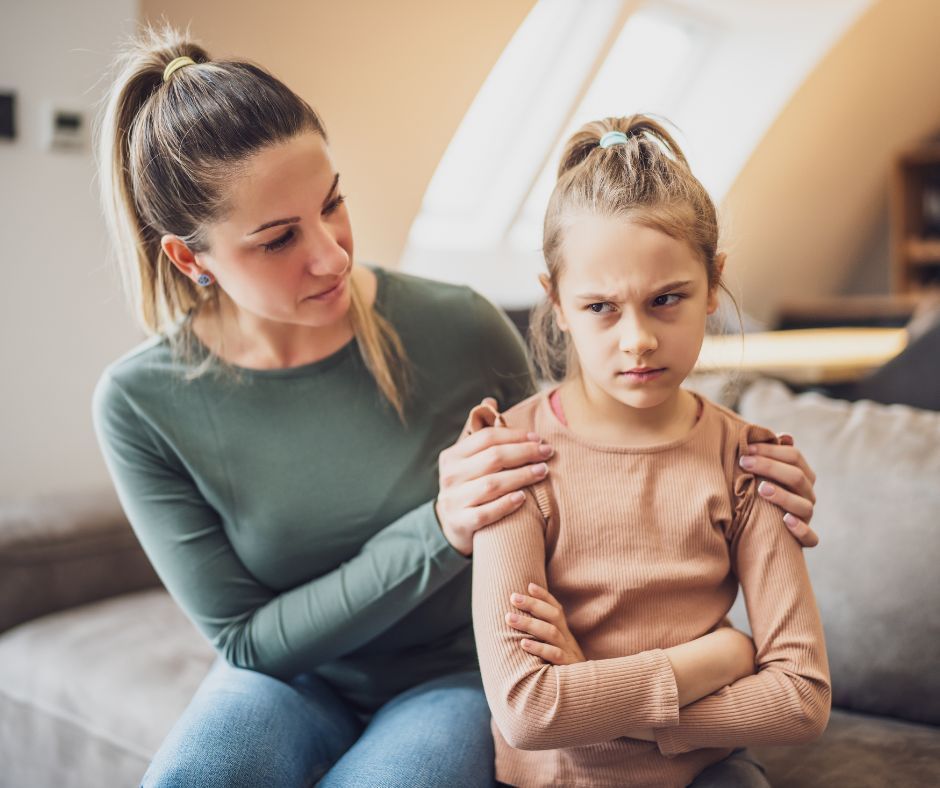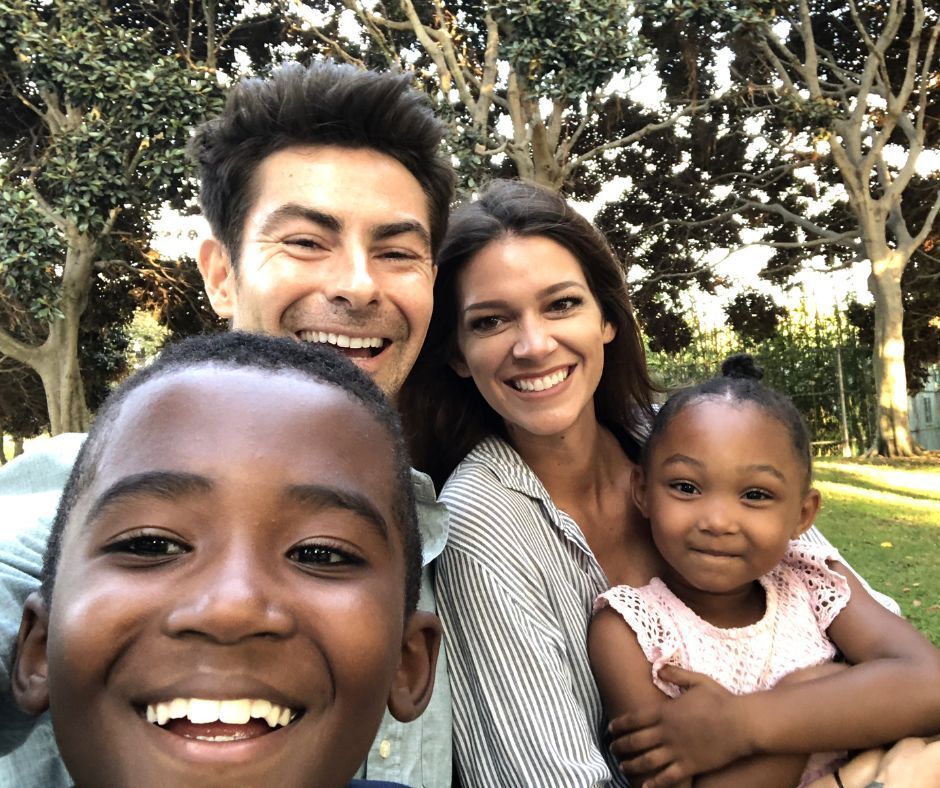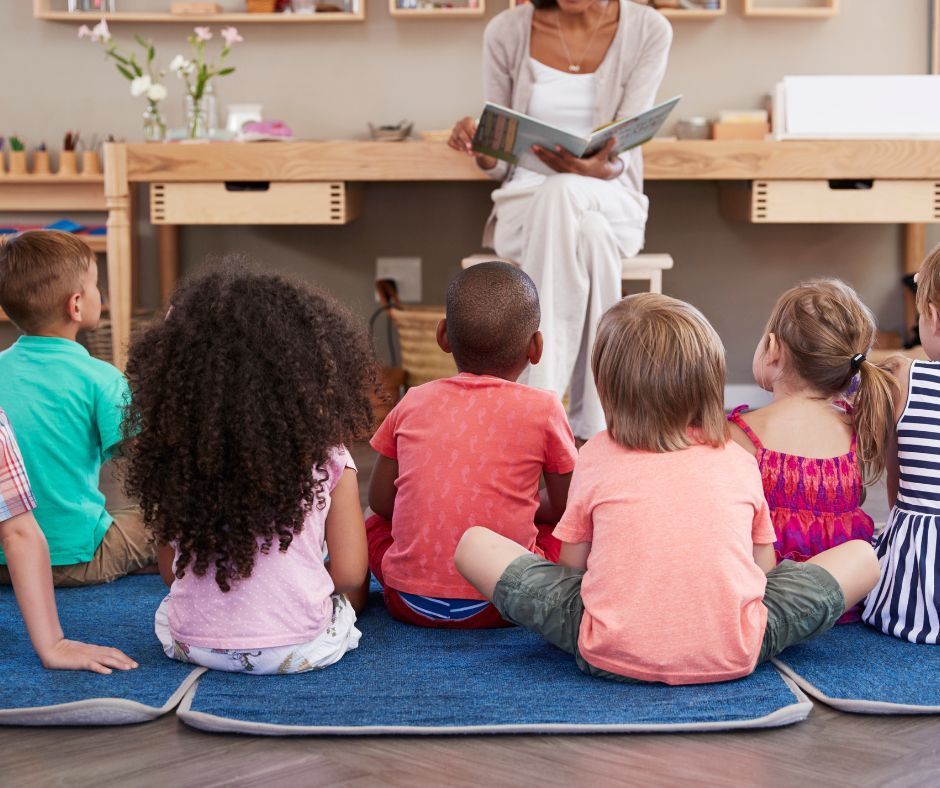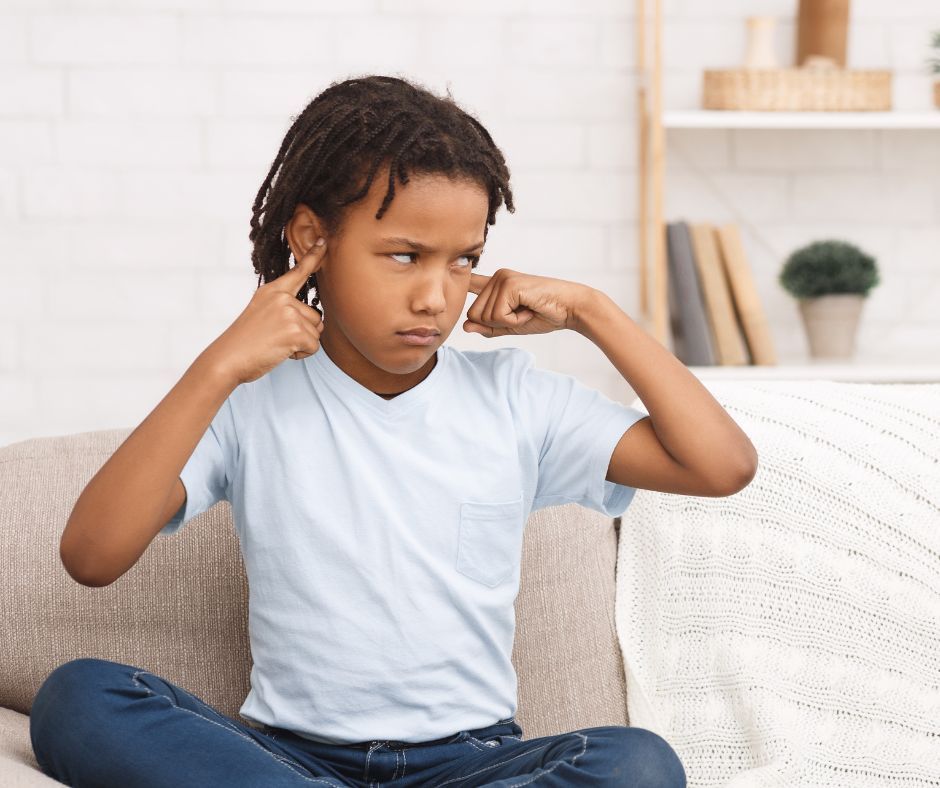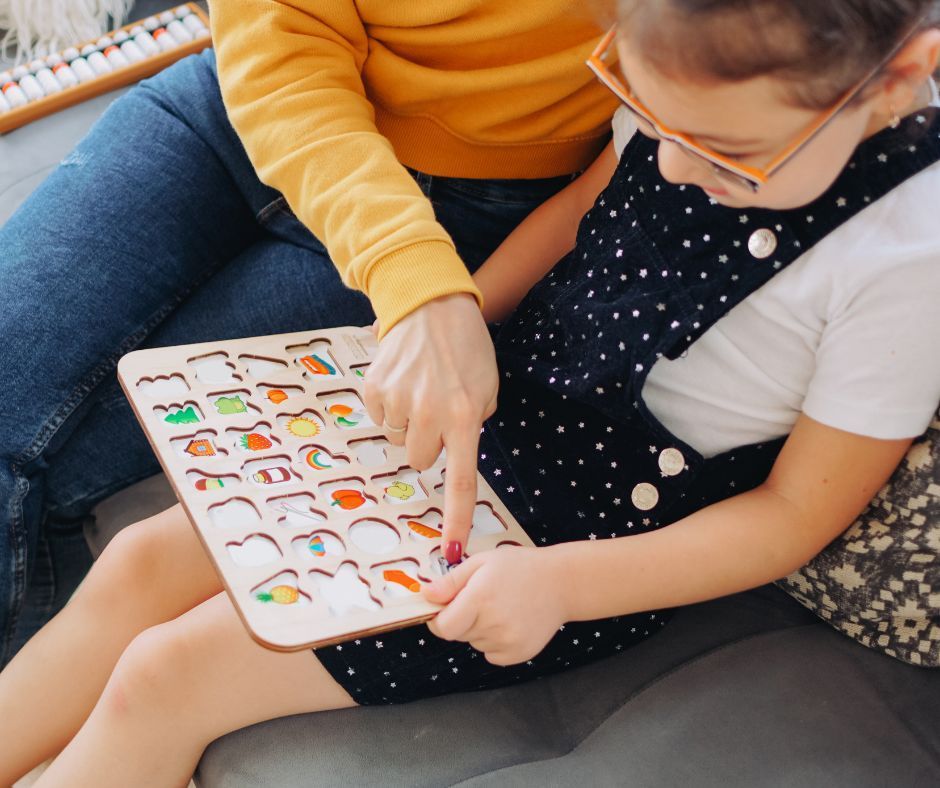One of the most painful contradictions in our mental health and justice systems lies in the way we treat teenagers struggling with severe mental illness, including psychosis. On one hand, these young people are granted civil rights that allow them to refuse psychiatric medication—even when their judgment is deeply impaired by their illness. On the other hand, when the symptoms of that same untreated illness bring them into conflict with the law, those rights vanish in an instant, replaced by punitive measures that strip them not only of their freedom but also of their dignity.
A teenager in the grips of psychosis may not have the cognitive clarity to weigh the benefits and risks of medication. Yet legally, the choice is theirs. Families and providers who desperately want to help are often told, “They have the right to refuse treatment.” That decision, protected as a civil liberty, can set the stage for crises—episodes of aggression, disorganized behavior, or self-harm—that draw the attention of law enforcement.
But once the police arrive, those same civil rights become irrelevant. Suddenly, the teen is not treated as a person exercising autonomy but as a threat to be controlled. They may be arrested for behavior that is a direct expression of their illness. In holding cells, many report being stripped of their clothing, strapped into a restraint chair, and left humiliated—glasses taken, body exposed, dignity erased. Some are forced to sit in their own urine, their basic humanity disregarded, as if their suffering were a crime rather than a symptom. Those of you who don't believe this, are blessed. There is NO ONE more marginalized than a mentally ill criminal. Society does not care about them. They have no vote, no standing, and no power. They are truly the forgotten ones.
The contradiction is staggering. When it comes to accepting medication that could prevent these spirals, the system says: “You are capable of making your own decisions.” But when the consequences of refusing that treatment erupt, the system responds: “You are dangerous, and we will treat you accordingly.” In other words, the same illness that protects their right to refuse care becomes the justification for their punishment.
This double standard raises urgent ethical questions. If we recognize that psychosis interferes with a teenager’s ability to think clearly, should we not also acknowledge that criminalizing the resulting behavior is both unjust and counterproductive? If the illness is severe enough to strip away reasoning, then surely the response must be rooted in treatment, not humiliation.
Families watch in anguish as the people they love are bounced between systems that contradict one another—mental health care that won’t intervene, and a criminal justice system that intervenes with brutality. The end result is not protection of civil rights, but abandonment. The teen loses on both sides: denied the help they cannot choose for themselves, and denied the dignity that every human being deserves, no matter their illness.
What’s needed is not another layer of punishment, but systems that honor both safety and humanity. Civil rights should not mean being left to deteriorate into crisis, and accountability should not mean being stripped of dignity. Until we reconcile these contradictions, teenagers with severe mental illness will remain caught in a cruel paradox: too “free” to accept help, yet too “sick” to avoid punishment. To all the parents out there that are living with the insanity of a system that incimminates the mentally ill, my heart is with you. There is no helplessness like it when your child gets stuck in the revolving door a system that will never help them.

